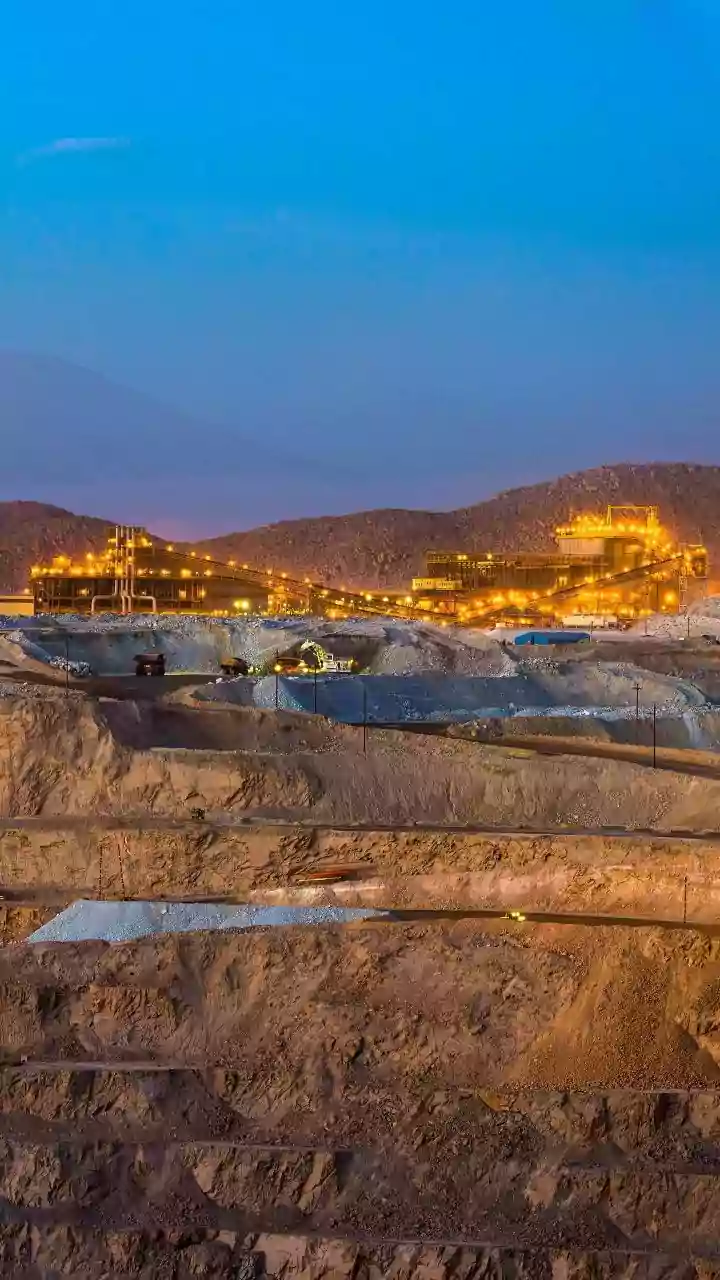Trump's Controversial Statements
The crux of the controversy lies in Trump's remarks on the H-1B visa program and the influx of Chinese students. In an interview with Fox News, Trump defended
the H-1B visa program, arguing that the US economy requires skilled workers from abroad to meet modern demands. He stated that it is not possible to simply take people from unemployment and place them in advanced manufacturing roles, implying a shortage of adequately skilled American workers. This directly contradicts his previous promises to protect American jobs. Moreover, Trump's suggestion of welcoming up to 600,000 Chinese students during trade talks with Beijing added fuel to the fire, as it further signaled a departure from his America First stance.
Backlash from Supporters
Trump's statements have led to a significant uproar among his most dedicated supporters, particularly within the MAGA movement. Leading figures within this base have openly criticized the former president, accusing him of betraying the very principles that propelled him to power. For example, Florida Republican Anthony Sabatini expressed strong disapproval, predicting that the administration's actions would lead to significant electoral losses. Rep. Marjorie Taylor Greene also voiced her opposition, stating her commitment to the American people and her stance against the replacement of American workers with foreign labor. This widespread criticism underscores a growing division within the Republican Party, with Trump's actions seen as a shift away from the populist policies that resonated with many of his voters.
H-1B Visa Controversy Explained
The H-1B visa program, designed to allow US employers to temporarily employ foreign workers in specialized occupations, is at the heart of the dispute. Trump's stance on this program has been inconsistent. Initially, he criticized it, labeling it as a threat to American workers and vowing to end it. However, he later shifted to supporting its expansion, advocating for the attraction of high-skilled immigrants in sectors such as technology and defense. The recent introduction of a USD 100,000 fee for new H-1B visas by his administration reflects this ambivalent approach. While proponents argue that the program fills crucial skill gaps and boosts innovation, critics believe it suppresses wages and displaces American workers, adding complexity to the situation.
Trump's Balancing Act
Trump's actions are indicative of the complex balancing act he faces between his populist promises and the demands of US industry leaders. While his base emphasizes protectionist measures and the prioritization of American workers, business leaders often advocate for policies that allow access to a global talent pool. This tension is a recurring theme within the Republican Party. His statements are a departure from the stances that defined his earlier political career. The former president's actions, therefore, illustrate the challenges of governing while simultaneously trying to satisfy the diverse interests of his supporters and the broader economic landscape. The ongoing controversy within the Republican Party, and the public's reaction to Trump's shift in stance, reflect the changing dynamics of American politics.






















